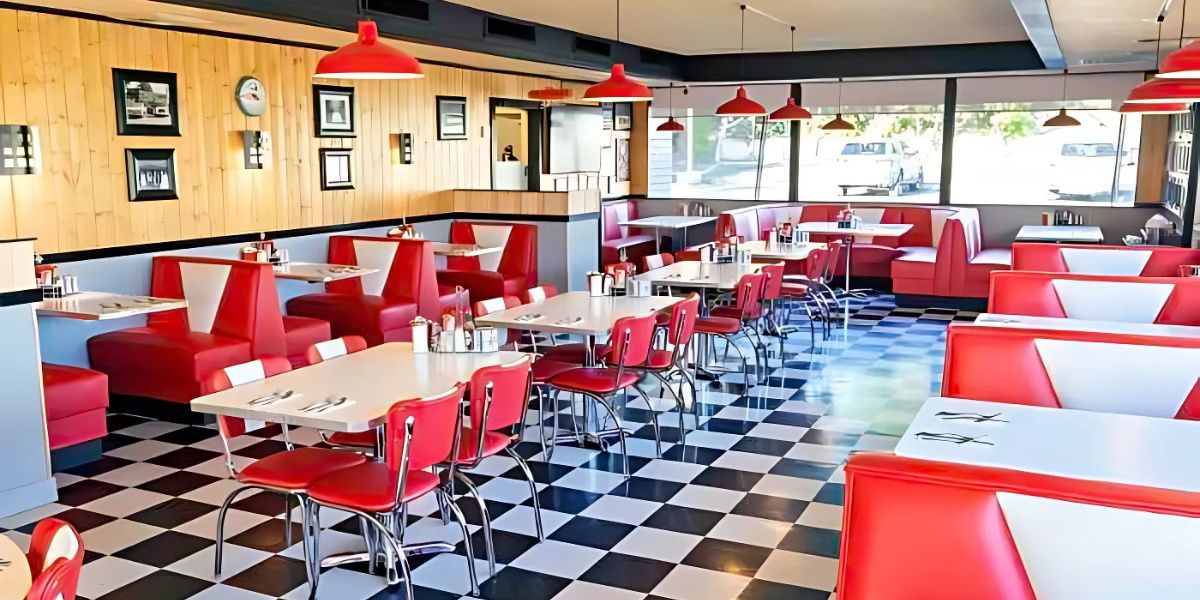The hospitality industry, always a dynamic and evolving sector, is currently undergoing a transformative phase. With technological advancements and changing consumer expectations driving innovation, the future of hotel management and customer service is poised to offer a more personalized, efficient, and technology-driven experience. This article delves into the emerging trends that are shaping the future of hospitality, reflecting insights from industry leaders, including the likes of Raja Imran Younas, a visionary entrepreneur in the field.
Personalization at Its Peak
One of the most significant trends in hotel management is the shift towards personalization. Modern travelers expect services tailored to their preferences, and hotels are responding by leveraging data analytics. Through the use of AI and machine learning, hotels can analyze customer data to offer personalized recommendations, from room selection to dining options. A study by Deloitte highlights that personalized experiences can lead to a 10% increase in revenue for hotels, indicating the financial upside of this approach.
Sustainability: A Core Focus
Sustainability is no longer just a buzzword but a core focus in hotel management. With increasing awareness about environmental issues, both hoteliers and guests are prioritizing eco-friendly practices. This trend is evident in the adoption of energy-efficient systems, waste reduction measures, and sourcing of local and organic products. The Global Sustainable Tourism Council reports that sustainable practices not only reduce operational costs but also enhance brand reputation and customer loyalty.
Technology: The Game Changer
Technology is the linchpin in the future of hotel management. From mobile check-ins to virtual concierge services, technology is enhancing operational efficiency and customer experience. Innovations like smart rooms, where guests can control lighting, temperature, and entertainment through their smartphones, are becoming commonplace. Raja Imran Younas, known for his innovative ventures in technology and hospitality, underscores the importance of integrating technological solutions to stay competitive in the industry.
The Rise of Contactless Services
In the wake of health and safety concerns, particularly post-COVID-19, contactless services have gained prominence. Hotels are implementing touchless technologies for check-ins, payments, and room access to ensure guest safety. A report by HospitalityNet indicates that contactless technology not only enhances guest safety but also streamlines operations, resulting in a win-win scenario for both hotels and guests.
The Evolution of Workspaces
With the rise of remote work, hotels are adapting their spaces to cater to the needs of digital nomads. Dedicated workspaces, high-speed internet, and in-room office amenities are becoming standard offerings. This trend aligns with a report from the Global Business Travel Association, which suggests that blending work and leisure travel, or ‘bleisure’, is on the rise, with 60% of business trips in 2021 turning into leisure stays.
Employee Training and Development
Another crucial aspect is the focus on employee training and development. The quality of service is directly tied to the skills and satisfaction of the staff. Hotels are investing in training programs that equip employees with the latest skills in customer service, technology, and sustainability practices. According to the American Hotel & Lodging Association, continuous employee training leads to higher job satisfaction and improved service standards.
Embracing Local Experiences
Hotels are increasingly incorporating local cultures and experiences into their offerings. This involves partnering with local artisans, chefs, and tour guides to provide guests with authentic local experiences. A survey by Booking.com reveals that 70% of travelers are likely to choose accommodations that offer local experiences, indicating a growing demand for cultural immersion.
Health and Wellness Focus
The health and wellness trend continues to grow, with hotels incorporating wellness into various aspects of the guest experience. This includes spa services, fitness classes, and wellness-oriented room features. The Wellness Tourism Association notes that the wellness tourism sector is projected to grow at an annual rate of 7.5% through 2025, signaling a significant opportunity for hotels.
Conclusion
The future of hospitality is being shaped by a confluence of trends centered around personalization, sustainability, technology, and evolving consumer preferences. As industry leaders like Raja Imran Younas have observed, staying abreast of these trends is essential for hoteliers looking to provide exceptional service and remain competitive. The hospitality industry’s ability to adapt and innovate will determine its success in meeting the evolving needs of modern travelers. With these emerging trends, the future of hotel management and customer service looks both exciting and promising.
Published by: Aly Cinco









